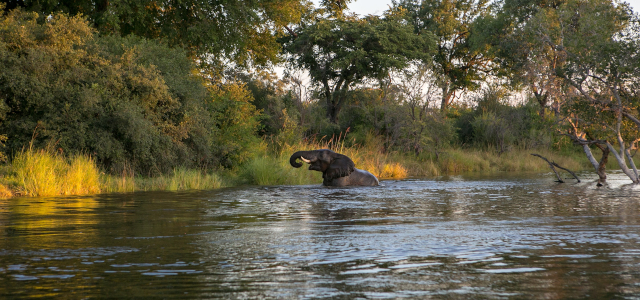In 2020, Zambia became one of the first countries to pilot the progressive Continental Africa Water Investment Programme (AIP), which was formally adopted by the Assembly of the African Union in February 2021, as part of the Programme for Infrastructure Development in Africa (PIDA) Priority Action Plan.
The programme – also being piloted in Benin, Cameroon, Tunisia, and Uganda – will improve the investment outlook for water security and sustainable sanitation on the continent by addressing the two main bottlenecks to investment: lack of finance, and bankable projects.
Implementation of the AIP in Zambia was initiated in July 2020 through the AIP Water, Climate, Development, and Gender Investments (WACDEP-G) support programme.
A comprehensive country-wide gender analysis has been carried out by the Zambian Ministry of Water Development, Sanitation, and Environmental Protection, supported by the Zambia Water Partnership. The analysis looked at the involvement of women in the design, ownership, participation, and management of climate resilient water and sanitation investments.
The analysis, which will inform programme design, revealed that, although Zambia has successfully introduced policies, plans, and laws to increase women’s participation in the water sector, not enough progress has been made to achieve true equality between men and women.
The Ministry and its partners will now work on designing and implementing a programme that truly brings about equal participation in access to, and participation in, water management, in terms of how power is distributed between women and men when it comes to accessing water resources, and how decisions around water investments and climate resilience are made.
Over the next two years, various demonstration projects will be implemented around the country to model how gender equality can be achieved when water infrastructure is planned, financed, built, and managed.
Photo credit: Nicole Olwagen on Unsplash
